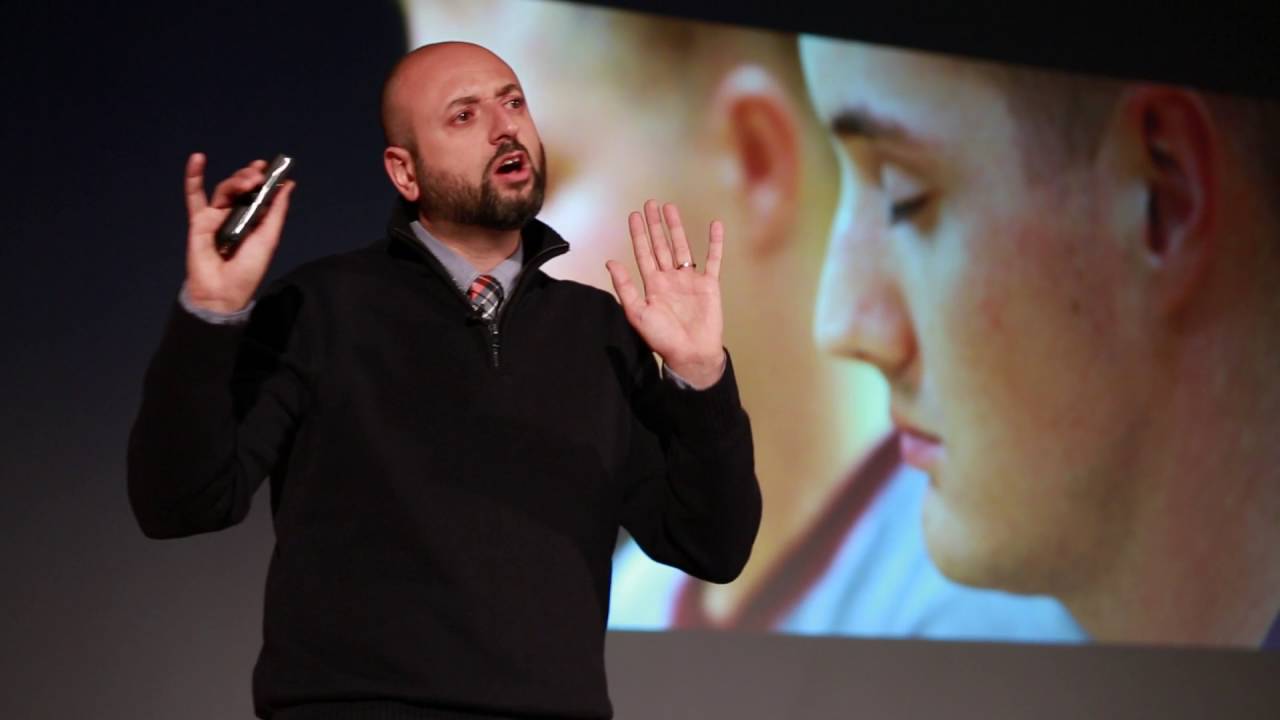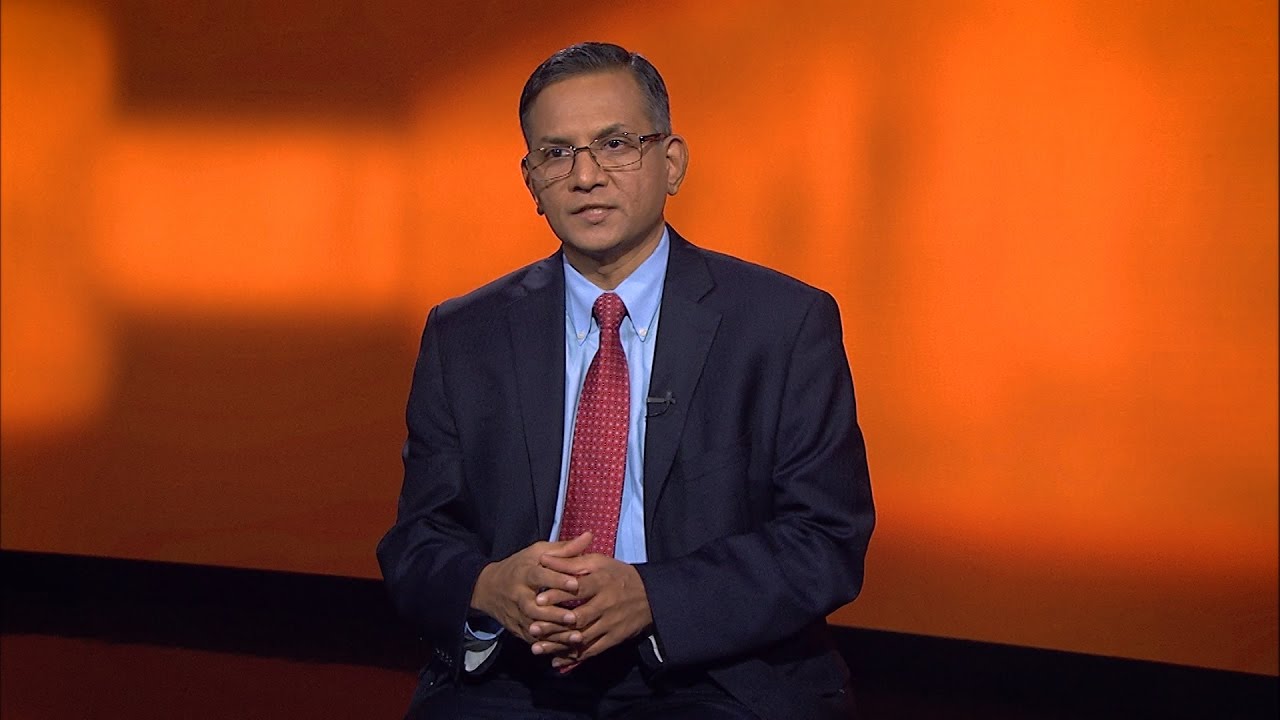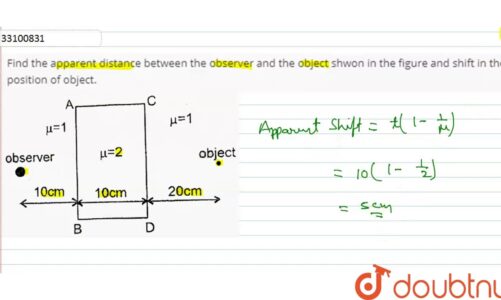TEDx Talks
Learn about the psychological and neural processes that mediate the relationship between self-regulatory practices and health!
Fadel Zeidan, Ph.D is an Assistant Professor of Neurobiology and Anatomy and the Center of Integrative Medicine’s Associate Director of Neuroscience at Wake Forest School of Medicine. His program of research is focused on understanding and identifying the psychological and neural processes that mediate the relationship between self-regulatory practices and health. Specifically, Dr. Zeidan’s research has uncovered the specific brain mechanisms involved in mindfulness meditation-based pain relief. He is currently developing meditation-based interventions to best target chronic pain.
This talk was given at a TEDx event using the TED conference format but independently organized by a local community. Learn more at http://ted.com/tedx
Source




Does not work!
I think its handy to do to take your mind off pain in the short term but its not a long term solution to chronic pain.
Perhaps, meditation is a form of a self induced anesthetic?
A side effect of hypnosis or being in a meditative state is anesthesia. It’s a way to get relief.
Accepting the Loss by Miritreus..
I get so pissed off to hear how much chronic pain patients costs society. It's not like I chose to be in in pain. I still work and do my best to get through the day and meditation does nothing. It doesn't work.
Heres the thing – often times its very difficult for people with chronic illness to maintain a straight posture for a long period of time.
INSIST that politicians have same healthcare as citizens.
More mind over matter BS. Chronic pain IS A DISEASE. Once its chronic, it ceases to be a symptom. This is heavily disguised AGENDA 21 depopulation. Govt fully aware of suffering, increased suicides & deaths due to high, consistent pain levels. Think they do without or sign contracts?
If I can do one thing for the good of the pain sufferer is use your time elsewhere. Nothing but an excuse to deny long-term severe pain sufferers opiates.
I want to tell you something that might give you a little hope. First of all, before you freak out on this guy, he's telling the truth. This is news that even pain scientists and neurologists are starting to learn and accept. Look up Central Sensitization, it's the real deal. The idea of meditation and mindfullness sounds like hippie eastern medicine stuff, but it has nothing to do with chakras or any of that. It all comes down to the central nervous system, and autonomic nervous system. Our nervous systems are messed up. Mindfulness can undo that CNS activation. However, it's HARD stuff when you're so used to thinking and feeling a certain way. I want to tell my story about this.
I have terrible pelvic pain. 3 different neuromuscular disease in my pelvis. I was also told how "incurable" this is. However, when i got into the mind/body stuff, my pain reduced by about 30%. I can also ride a bike again. It's very hard to convey that all pain originates in the brain, without saying "it's all in your head". Technically, ALL pain comes from the brain, whether it's a wound, or phantom limb pain. It's just how your brain interprets the pain that matters. This is also how placebo works.
I would encourage you to read "the great pain deception" by Steve Ozanich. He had the worst of the worst back pain. The MRI's showed all the usual stuff, stenosis, "disc disease" etc.
However, when you read the studies about how when they gave a bunch of people in their 40's spinal MRI's, about half had herniated discs. Most people did not have pain in their back. They found out that spinal changes are like gray hairs, we all eventually get them. The mystery is, why do these herniation cause some people severe pain, and zero pain in others? Also, why are injections and surgeries often so temporary, or dont work at all? It's because the nerves and muscles are primarily involved because they're getting incorrect and hyperactive messages from the brain. Like i said, look up Central Sensitization, a legit issue that is involved in most chronic pain.
Hello,
I have suffered for years with chronic pain. Pain that takes your breath away, you can't think, you can't sleep, you can't do anything except lay there for days. I get that kind of pain. When I first heard people talk about mindfulness for severe chronic pain it made my angry, and I thought sure someone who doesn't have pain can say all this. It's easy to say this when you don't have pain, but the reality is it can help. I promise it can. Will someone be 100% pain free, no, but will it help, yes. Really, if nothing else is working it is worth trying and being open minded when you try it.
Riggght. So I guess I’ll be meditating “mindfully” 24-7/365. ..???
I have a prolapsed lumbar disc for 6 months now and that is bad enough. People worse than this I have big sympathy for. Hope anyone in this situation can find some help.
Th as why they take drugs from wildly they believe you,
This guy should not be allowed to continue living. He is promoting MURDER.
I’ve completed the best pain management program at a centre of excellence in the UK and it’s transformed my whole life. Not only mindfulness is part of the answer, exercise in the correct way and understanding the way our bodies move and what it needs are massive parts of the whole program. I can now use mindfulness to process the thought and feeling of pain to get through the pain. We can’t stop the pain, which is why chronic pain is a thing, but we can use our own mind to deal with the pain better. I’m still taking strong painkillers but I’ve ceased a lot of others/reduced dosages. I now have a life and I take an active part in my family etc. I’m no longer anxious and depressed by the weight of debilitating chronic pain.
Pain management is much more than watching a YouTube video, but this is a quick guide to how using mindfulness can help with chronic pain. Seek medical support for attending a PMP and give everything you have to make it work. It’s completely worth it.
I’ve done meditation for years and it worked on pulling and filling teeth but when it came to chronic pain it just wouldn’t work. The throbbing of te sin wouldn’t let me sleep. It worked sometimes for migraines but I have two forms of pain. I have severe arthritis u and down my spine and then fibromyalgia. The opioids I’m on now have my pain controlled but I fear this decrease of pain meds because it’s taken trial and error and years to get it right now our government wants to mess with it. I take my meds like I’m suppose to and never even came close to any overdose. Everyone suffers from a different level of pain. Leave those of us that have a real illness and go to pain doctors alone and go after the recreational drug users. Stop giving pain meds to people that have topical pain or pain that is not permanent. Stop giving out opioids out to those that broke an arm.
??????????????????????❤️❤️
Get to the point….
Let's see him deal with advanced psoriatic arthritis and Ankolysing Spondylitis.
These theories are great in just that, theory but in reality for people like me with spinal issues, there is no mindset that alleviates the pain. Meditation and sleep( when I can sleep) can help depression or maybe the downs but as far as pain relief, nope. This guy walks around, stands with no problem. Let's hit him with a hammer till his spine breaks, then see how meditation works for him.
Kratom is the answer to the opioid crisis. Get off opiods easy and control your pain, anxiety, depression, and insomnia search. How to get off opiods easily. Kratom!!!
I'm starting to get an 'out of work actor' feel from ted talks…
One question, has this guy suffered through periods of prolonged agonizing pain?
It's beside the point of the talk, but worth pointing out, that Buddhist monks don't "walk around like deities," that begging for food (as has traditionally been done in Asia and as is still practiced in some places) isn't stress free, and that many monks work to maintain their monasteries, provide services to those in need, etc. His comments were surprisingly misleading and culturally incompetent.
Perhaps that's why aromatherapy works to trigger the relaxation response, as he says the sense of smell bypasses the thalymus.
I tell you about meditation happiness of pain yes is when you have so much it do meditation imagination going you so much pain beause your spirit
hmmmm.. works when you are sleeping? works when you are busy working? can't imagine it working for any long term consistant basiss
were your test subjects actual chronic pain patients, or did you induce the pain stimulation in some way?
As someone with chronic pain, I'm excited to try mindfulness. However, the way he said that you don't have to process the pain because it's already over implies that chronic pain is a fleeting sensation. This, at least for me, is completely incorrect. I can't get away from my pain even when I sleep. I agree with everything he said but that.
The Zeiden article found that mindfulness mediates analgesia through a non-opiate pathway, but this article neglects to mention a separate article by Sharon et al. (2016) (linked below) that disputes this, and that mindfulness indeed produces endogenous opioids or endorphins that do reduce pain. These findings are also confirmed through the extensive literature on resting states, that consistently notes the production of endorphins in resting states, and resting or relaxation is a primary result of meditation.
An elaboration of this argument is below, along with linked references.
What Mindfulness Research Neglects
Mindfulness is defined as non-judgmental or choice-less awareness. Choices in turn may be divided into non-perseverative choices (what to have for breakfast, what route to take to go home, or choices with no dilemmas) and perseverative choices (worries, distractions, and rumination, or mental dilemmas wherein every alternative is bad). All meditative procedures, including mindfulness, avoid both.
The consistent avoidance of perseverative choice alone represents resting protocols, wherein the neuro-muscular activity is sharply reduced. In other words, when we want to be relaxed we isolate ourselves from distractive and worrisome events and thoughts. These states in turn correlate with increased levels of endogenous opioids or ‘endorphins’ in the brain. The benefits of this are manifest, as the sustained increase of endogenous opioids down regulates opioid receptors, and thus inhibits the salience or reward value of other substances (food, alcohol, drugs) that otherwise increase opioid levels, and therefore reduces cravings, as well as mitigating our sensitivity to pain. Profound relaxation also inhibits muscular tension and its concomitant discomfort. In this way, relaxation causes pleasure, enhances self-control, counteracts and inhibits stress, reduces pain, and provides for a feeling of satisfaction and equanimity that is the hallmark of the so-called meditative state.
It may be deduced therefore that meditative states are primarily resting states, and that meditative procedures over-prescribe the cognitive operations that may be altered to provide its salutary benefits (that is, you just need to avoid perseverative choices, not all choices), and that meditation as a concept must be redefined.
Finally, the objective measurement of neuro-muscular activity and its neuro-chemical correlates (long established in the academic literature on resting states) is in general ignored by the academic literature on mindfulness, which is primarily based upon self-reports and neurological measures (fMRI) that cannot account for these facts. The problem with mindfulness research is therefore not theoretical, but empirical, and until it clearly accounts for all relevant observables for brain and body, the concept will never be fully explained.
More of this argument, including references, below including a link to the first study (published this year) that has discovered the presence of opioid activity due to mindfulness practice, as well as the 1988 Holmes paper which provided the most extensive argument to date that meditation was rest.
http://www.amjmed.com/article/S0002-9343(16)30302-3/abstract
https://www.scribd.com/doc/284056765/The-Book-of-Rest-The-Odd-Psychology-of-Doing-Nothing
https://www.scribd.com/document/291558160/Holmes-Meditation-and-Rest-The-American-Psychologist
The "sham" version isn't too bad as a meditation, is it? I don't see why the surprise. They probably ended up focusing on the breath even if they were more distracted by thoughts.
I call it the microwave generation.
Never thought I'd see the simile of the dart in a ted talk. This was an interesting presentation.
Good to see this!
Chronic Pain 100 million Americans
Diabetes 25.8 million Americans
Coronary Heart Disease (heart attack and chest pain) 16.3 million Americans
Stroke 7.0 million Americans
Cancer 11.9 million Americans
Great. Really glad I watched.